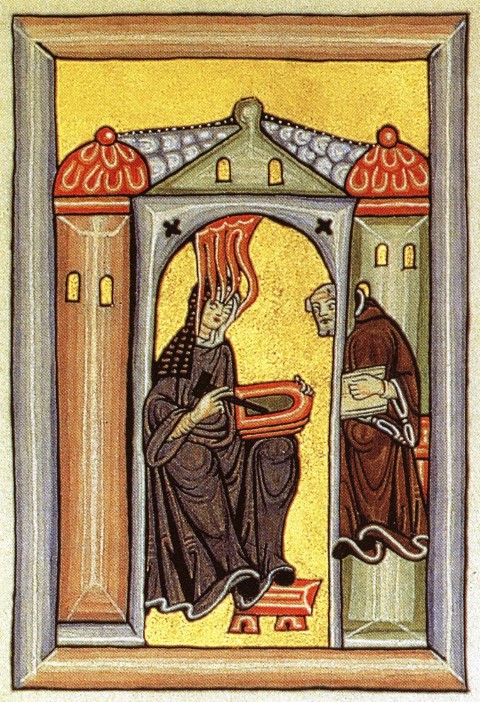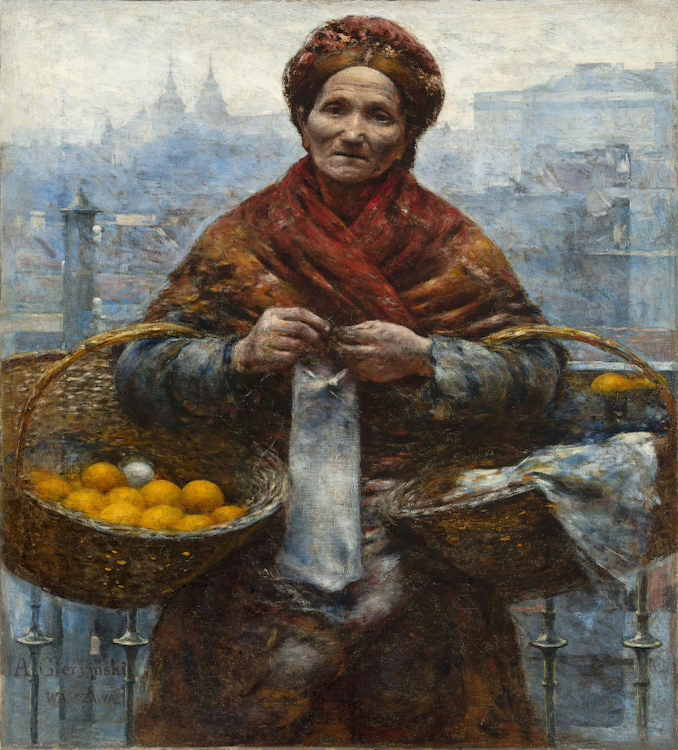Seven weeks after Passover (Easter), it is the festival of Pentecost, also known as Whitsun—White Sunday—in the Anglican church. It is a highly significant holy day that commemorates the profound and miraculous event of the descent of the energies and gifts of the Holy Spirit upon the disciples of Christ, male and female alike, and upon people from all backgrounds and origins, both “gentile” and Jewish as well as believers in Jesus Christ.
The event is described in the book of Acts where it says that “tongues of fire” sat down upon the heads and faces of the people present. It was an earth-shaking event, where hundreds—maybe thousands—of people experienced what today would perhaps be called a “higher state of consciousness,” not a case of mass hysteria or intoxication but an undeniable higher power that changed the worldview of those who received it. This coincided with the festival of Shavuot in the Hebrew liturgical calendar, which marks the revelation of the Ten Commandments to Moses—the giving of Torah. Through the experience of the Holy Spirit, a new “law” was written by letters of fire, this time not on two stone tablets but on the two hemispheres of the receptive mind.
The Holy Spirit is a real power, and throughout the ages, mystics and the faithful knew this. Hildegard of Bingen was such a mystic, one of the most impressive women of European medieval times. Not only was she a well-known abbess, theologian, and writer, who was in correspondence with the prime (male) church representatives of her period such as Bernard of Clairvaux, but she was also a diplomat, poet, and the polymathic author of medicinal, naturopathic, and other scientific texts. Above all, she was a visionary and a composer of liturgical music.
In our Music of the Week, we are hearing the Girls’ Choir of the St. Stanislav Classical Gymnasium in Ljubljana, Slovenia performing one of Hildegard’s compositions on the Holy Spirit.

Related:
Choirs of the Diocesan Classical Gymnasium in Ljubljana
Hildegard of Bingen (Wikipedia)







Lovely! What is the instrument that is being played in accompaniment?
I believe it is called Hurdy-gurdy in English.
https://en.wikipedia.org/wiki/Hurdy-gurdy
This is beautiful! I went on a “deep dive” about Hildegard a few years back. Thank you for highlighting her story and at the correct liturgical time of the year.